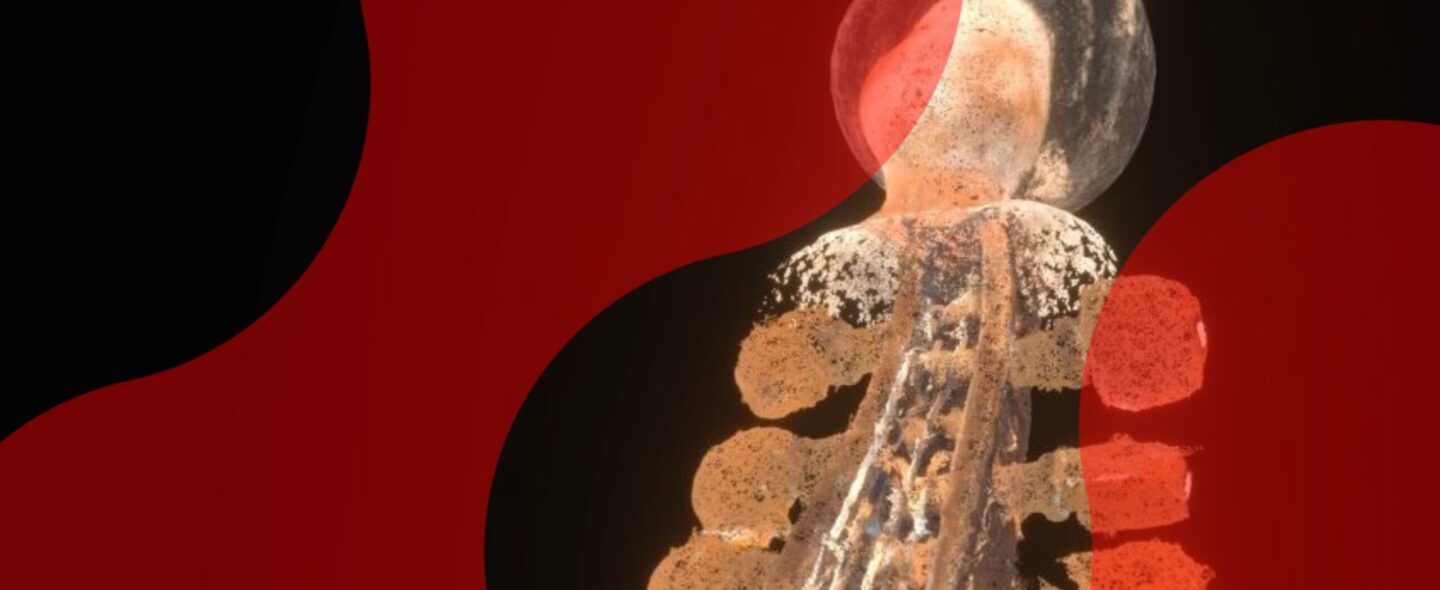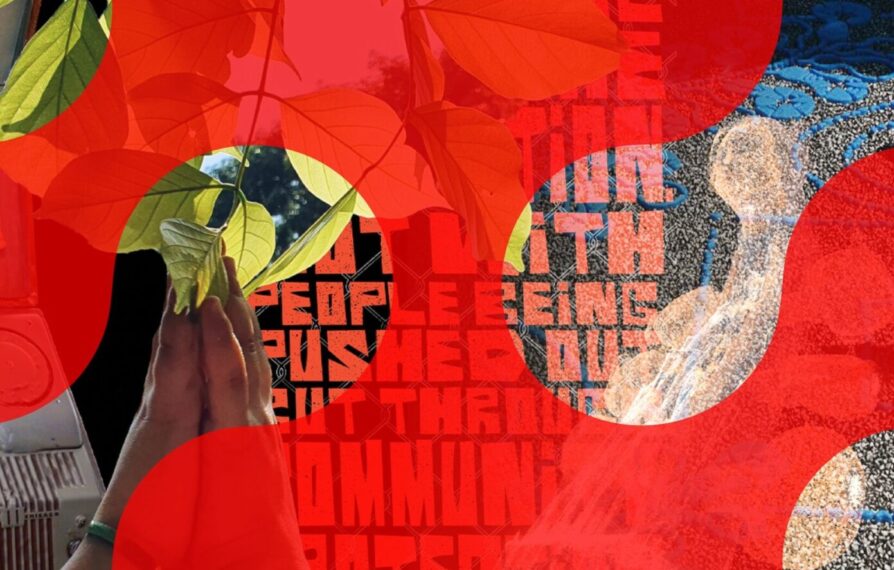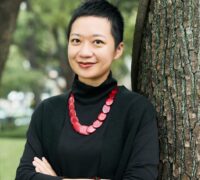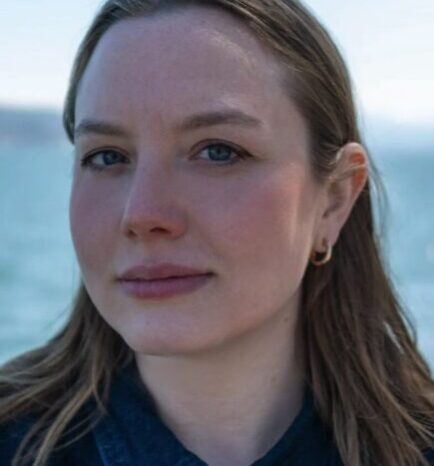
The Museum für Gestaltung Zurich, is celebrating it’s 150th anniversary this year. To mark this significant milestone and strengthen its international presence, the Museum has collaborated with the global Swissnex network to create a digital exhibition. This exhibition combines cross-cultural dialogue with digital and collaborative reinterpretations of sound.
This unique global collaboration with Swissnex was initiated in collaboration with Sophie Grossman, Co-Curator of the exhibition, after her visit to Swissnex in San Francisco. She realized that knowledge stored in archives is often tied to specific locations, opening the potential of virtual spaces to connect these various physical hubs. This realization led to the idea of bringing together global perspectives to connect local archives. Sophie explains;
We decided to invite six different artists to re-imagine and re-contextualize objects from our collection and integrate their perspectives via newly commissioned works.
Each location scouted local artists, who were then invited to explore the Museum für Gestaltung’s eMuseum to see what sparked their interest and proceeded to create their works. What was key in the selection process was that they represent different design disciplines but also keep a sensibility for history and cultural heritage. The project sought artists and designers whose work engages with contemporary discourses in design and art, using digital technologies to create new aesthetics.
The following six contemporary designers and artists from Brazil, China, India, Japan, South Africa, and the USA were selected by Swissnex.
- Takafumi Matsunaga, Mirage, 2025
A computer-generated short film by Takafumi Matsunaga, where traditional Japanese dye stencils are transformed into peculiar objects and architectures that form a futuristic landscape. - Studio Kumar La Noce, Aaram-aa? ಆರಾಮ? (Are you comfortable, are you rested?), 2025
Bhavana Kumar and Nicola La Noce explore Bangalore, inspired by Charlotte Perriand’s picture diaries, searching for moments and forms of comfort in the tech metropolis of India. - Asma Kazmi und Jill Miller, Electronic Memory, 2025
Electronic Memory by Asma Kazmi and Jill Miller digitally reconstruct the wire sound recorder, Electronic Memory model 80-1, creating an abstract soundscape using archived tapes from various collections around the world. - Matheus Leston, Dueto, Contraponto, Paralaxe, 2025
Dueto, Contraponto, Paralaxe by Matheus Leston examines the reciprocal influence between Swiss Design and Brazilian art and design, questioning prevailing narratives and shedding light on the work of Brazilian students of Max Bill. - Yude Li, The Shape of Echoes, 2025
With The Shape of Echoes, Yude Li explores how music survives time as a carrier of memory and constructs a system of visible echoes in which cultural objects no longer remain in silence. Using point cloud visualizations Li transforms the image of a viola into dynamic particles. - Osmond Tshuma, Typographic Resistance, 2025
Typographic Resistance: Osmond Tshuma’s posters, based on the linocut letters of Paul Peter Piech, honor the legacy of influential South African personalities like Nonhle Mbuthuma and Nelson Mandela through digital typeface and animated design.
To share more about the works and the project, Swissnex hosted three hybrid events in 2025 across Brazil, India, Japan, China, and San Francisco to further amplify the initiative.
The exhibit from China
In China, Cissy Sun, our Head of Academia and Arts, nominated artist Yude Li. “It has been a joy to witness how our designer, Yude, developed and refined his work with Sophie Grossmann—a process full of creativity and insight. While our work remains locally grounded, this project was a powerful reminder of how deeply we are also globally connected.” Cissy Sun Head of Academia and Arts.
The art piece by Yude is a digital piece inspired by a viola da gamba from 1694. He explored how sound, as a carrier of memory, can cross cultures and time through digital media, ultimately transforming into visible representations of history. The music produced by the viola da gamba is reimagined not just as an auditory experience, but as a visual manifestation of memory. The young artist employs point cloud visualization techniques to transform sonic data into dynamic particles that evolve into culturally significant symbols inspired by ancient Chinese artifacts, such as ceramics, figurines, and ritual vessels. Guided by music’s structure and rhythm, this transformation illustrates how memory resonates across cultures and explores the fluidity of cultural memory. The artist poses a key question: when memories from different civilizations converge digitally, can we perceive moments of resonance? By creating “visible echoes,” the work merges sound and cultural relics, fostering a narrative that examines the interplay of time, sound, and form in cross-cultural dialogue. This approach uses digital technology for cultural translation, reviving historical memory in a cross-sensory and cross-cultural manner.
“It has been a rewarding experience. This creatively inspiring journey not only allowed me to showcase my work but also taught me how to use digital art as a bridge connecting different cultures. I am truly grateful to Swissnex for giving me the valuable opportunity to be part of such an inspiring project.” Yude Li, Artist.
Museum of the Future- 17 digital experiments

Museum of the Future showcases seventeen experiments that demonstrate both the potential and current limitations of digitization and artificial intelligence for the museum of tomorrow.
Learn more-
![]()
Sophie Grossmann
Sophie Grossmann
Research Associate at the Museum für Gestaltung ZürichSophie Grossmann studied Cultural Publishing at the Zurich University of the Arts (ZHdK) and holds a second-graduate degree in Art History from the University of Bern. Sophie joined the Museum für Gestaltung in Zurich in 2021. Initially part of the Decorative Arts Collection, she has been a research associate since 2022, specializing in the challenges of collecting intangible cultural assets such as digital-born and hybrid objects, as well as digital documentation. In this role, she has led several case studies and collaborated with designers, artists, and institutions to commission exhibits and curate spaces dedicated to digital collecting. Sophie has presented her work on digital collecting at various institutions, including the Istituto Svizzero in Rome, the University of Bern, and others.
Read the interview with the curator Sophie Grossmann
Contact

Head of Academia & Arts at Swissnex in China
For any questions or more information on our Arts & Science initiatives, please contact our Head of Academia & Arts, Yiwen Sun (Cissy).
